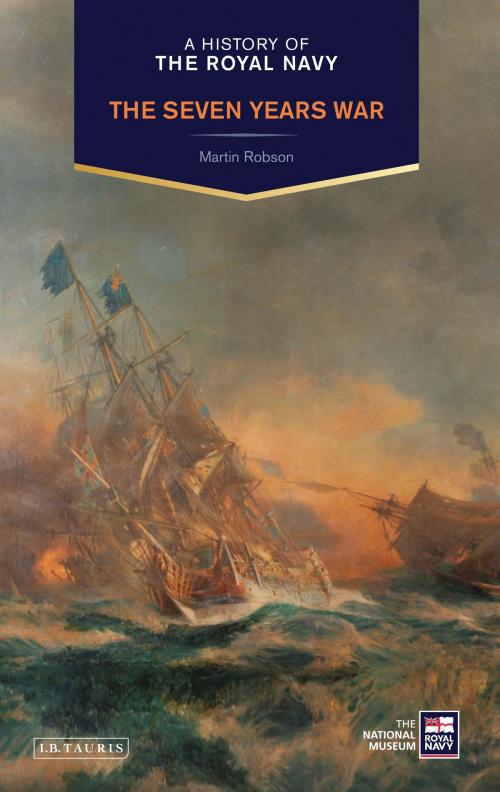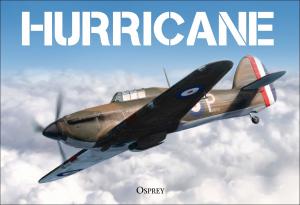A History of the Royal Navy
The Seven Years War
Nonfiction, Reference & Language, Law, Commercial, Business & Finance, History| Author: | Martin Robson | ISBN: | 9780857728784 |
| Publisher: | Bloomsbury Publishing | Publication: | December 21, 2015 |
| Imprint: | I.B. Tauris | Language: | English |
| Author: | Martin Robson |
| ISBN: | 9780857728784 |
| Publisher: | Bloomsbury Publishing |
| Publication: | December 21, 2015 |
| Imprint: | I.B. Tauris |
| Language: | English |
The Seven Years War (1756-1763) was the first global conflict and became the key factor in creating the British Empire. This book looks at Britain's maritime strategic, operational and tactical success (and failures), through a wide-ranging history of the Royal Navy's role in the war. By the end of the war in 1763 Britain was by no means a hegemonic power, but it was the only state capable of sustained global power projection on a global scale. Key to Britain's success was political and strategic direction from London, through the war planning of Pitt the Elder and the successful implementation of his policies by a stellar cast of naval and military leaders at an operational and tactical level. Martin Robson highlights the work of some of the key protagonists in the Royal Navy, such as Admiral Hawke whose appreciation of the wider strategic context at Quiberon Bay in 1759 decided the fate of North America. Robson ultimately shows that the creation, containment and expansion of the British Empire was made possible by the exercise of maritime power through the Royal Navy
The Seven Years War (1756-1763) was the first global conflict and became the key factor in creating the British Empire. This book looks at Britain's maritime strategic, operational and tactical success (and failures), through a wide-ranging history of the Royal Navy's role in the war. By the end of the war in 1763 Britain was by no means a hegemonic power, but it was the only state capable of sustained global power projection on a global scale. Key to Britain's success was political and strategic direction from London, through the war planning of Pitt the Elder and the successful implementation of his policies by a stellar cast of naval and military leaders at an operational and tactical level. Martin Robson highlights the work of some of the key protagonists in the Royal Navy, such as Admiral Hawke whose appreciation of the wider strategic context at Quiberon Bay in 1759 decided the fate of North America. Robson ultimately shows that the creation, containment and expansion of the British Empire was made possible by the exercise of maritime power through the Royal Navy















